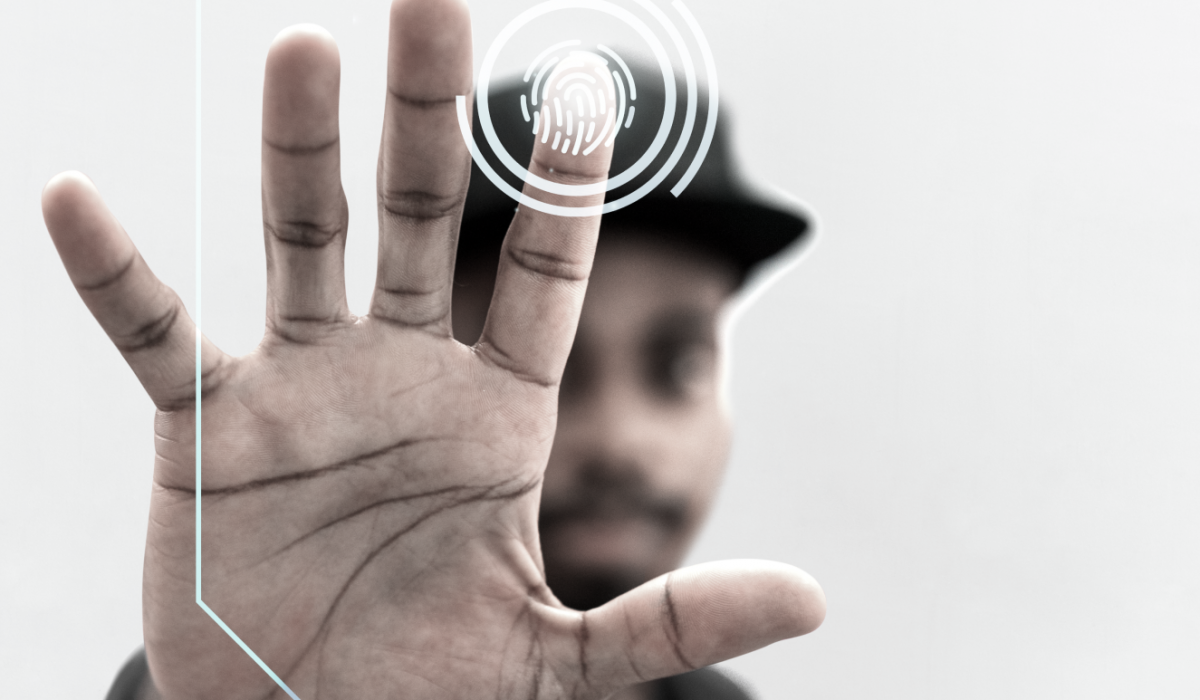Self-sovereign identity refers to a model where each citizen maintains full control over data attached to their identity. This data can be stored into a digital wallet to allow seamless accessibility. In theory, a citizen could decide when and how their information is shared. For instance, someone could store their driver license, passport, billing utility, credit card credentials and more in a wallet that requires a private key to sign a transaction for sending information out. This enables the user to verify that they are the true owners of that particular document or data.
Likewise, governments can enable online features, such as SSO (Single Sign On), that would allow users to scan a QR code, select the required identity information, and authenticate ownership using biometric verification before sending. This is all made possible by using a number of technologies, such as artificial intelligence and Blockchain, and would provide greater security and portability in identity management. With such a system in place, governments can identify, authenticate and authorize identities, request identification attributes, and issue official government documents to citizens for services or programs. Furthermore, this would significantly speed up the verification processes in a secure and autonomous manner without the need to manually verify each claim. This would save governments both time and money while further preventing identity theft so that budgets can be allocated towards other initiatives accordingly.
Below we have identified 5 reasons governments should consider a self-sovereign digital identity system
By using third party verification companies that are trusted by governments, verifications of identities claims can take place without governments constantly cross referencing claims. Once an identity has been verified by a third party, citizens are free to consistently use their digital identity to apply for services/programs without the need to wait for verified claims. However, citizens will be required to use biometric attributes each time they use their digital identity so that theft or unauthorized use is rejected.
This would remove the need for in-person visits, and allows citizens to upload and manage their identity documents from any location remotely. Citizens could apply for services or programs without the need of ever being present. Furthermore, such a system can also contribute to a more contact-less interaction so that social distancing policies can be efficiently followed.
By automating and streamlining the verification process, governments and citizens alike can rely on technical mechanisms for quicker turnaround time of identity claims. This would mean that services and programs can be facilitated and acquired in less time than traditional methods. Government officials can spend less time cross referencing claims and shift their focus on other processes involved in providing the same services or programs citizens are applying for.
One unique benefit of digitizing identities in a self-contained ecosystem is the ability to issue official documentation to citizens from an access and management system. Provided citizens can submit the required identity details, upon approval, government agencies can issue digitized documents, such as identity documents or business certificates in the form of a digital token. Governments can choose to completely replace traditional methods, leverage them as temporary placeholders, or provide them as a secondary form of proof of ownership. This can significantly speed up the process in obtaining documents that citizens apply for in a seamless and secure manner.
Overall, governments can expect to see a reduction in the operational expenses that are required to verify and manage identity claims. This means that the time that is required to verify a citizen will be significantly reduced as the platform facilitates mechanisms that automated and enable this process. This will also result in an increase of efficiency as the potential of error in human involvement is completely removed from the process. By implementing these mechanisms, verification of an identity will happen as quickly as the identity is submitted.
Although there are many more benefits to self-sovereign digital identity, these are just some reasons governments should consider implementing a digital identity system nationwide. It is important to note that there are already existing use cases of countries that have successfully integrated digital identity. If you would like to learn more about how our Digital Identity solution can help benefit your governing entities, check out our solution here. If you’re curious about how the technology itself works, feel free to contact us to start a dialogue!
Even something as simple as presenting improper or lack of identification documents can further delay the onboarding and management processes involved in facilitating services and programs. Another example is identity theft. Today citizens are accustomed to frictionless login and autofill features. This alone presents increased security vulnerability for online services or programs that require previously inputted credentials using the same personal information and identification documents. Citizens can fall victim to effective phishing schemes, such as replicated website’s design or form-jacking codes on compromised sites that deceive users into inputting sensitive data.
An immutable, distributed ledger technology that uses cryptography to secure data, and smart contracts to complete transactions that are facilitated on certain conditions met.
Likewise, government agencies can utilize identity and access management tools to identify, authenticate and authorize identities, request identification attributes, and issue official government documents to citizens for services or programs. With such a system in place, government agencies can also provide greater portability to citizens so that verifications can take place remotely at any time. With a system like this in place, government agencies can significantly speed up the verification processes in a secure and autonomous manner without the need to manually verify each claim. This would save governments both time and money while further preventing identity theft so that budgets can be allocated towards other initiatives accordingly.
